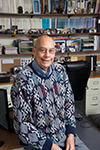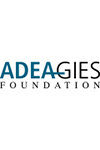
University of Iowa College of Dentisty Receives Prestigious Gies Award for Achievement
The ADEAGies Foundation announced that the University of Iowa is receiving a 2022 William J. Gies Award for Achievement for Academic Dental Institutions. This award recognizes Iowa’s cutting-edge Geriatric and Special Needs Program, led by director Howard Cowen, the Delta Dental of Iowa Foundation Professor in Geriatrics and Special Needs. This award is one of seven for “trailblazers in academic dentistry and oral health.”
ADEA
The award is presented by the ADEAGies Foundation, an affiliate of ADEA. Selected by a national panel, the Gies Awards “honor individuals and organizations that exemplify the highest standards in oral health and dental education, research and leadership” and they are named after William J. Gies, a pioneer in dental education.
Members of ADEA include all 78 U.S. and Canadian dental schools, more than 800 allied and advanced dental education programs, more than 50 corporations and approximately 18,000 individuals. The ADEA mission is to lead institutions and individuals in the dental education community to address contemporary issues influencing education, research and the delivery of oral health care for the overall health and safety of the public, and ADEA publishes the Journal of Dental Education.
A Global Leader in Geriatric and Special Needs Dentistry
Older and special needs adults are a critical underserved population in dentistry, and dental care for this population is closely linked to their overall health outcomes. Iowa’s program is designed to address the needs of this group, and Iowa has become a national and global leader in the field.
Dr. Gretchen Gibson, an expert in oral health care for older adults who have special needs, recently spoke about Iowa’s role in meeting the oral health care needs of this population.
Although dental treatment plans for geriatric and special needs patients “often appear straight forward, they can quickly become complex due to the systemic and psychological issues that are involved,” Gibson explained.
The level of skill required is beyond the scope of what can be addressed in a DDS program, she said, and Iowa’s “unique program” fills “a critically important post-graduate education opportunity that is almost absent in dental education.”
Given the strengths of the faculty and this program, Iowa is well suited to spearhead efforts to bring this specialty into the mainstream as a distinct specialization within dentistry more broadly.
Iowa has also made geriatric and special needs care a priority for its dental students. Beginning in the 2020-2021 academic year, a rotation in the Geriatric and Special Needs Clinic became mandatory and all fourth-year dental students learned about the specific oral health care needs of older and special needs adults. These dental students were mentored by College of Dentistry experts in the field of geriatric and special needs care, and the rotation has been fully integrated into the fourth-year dental student curriculum. Cowen has led the way in arranging and coordinating this change in policy.
The award for the Geriatric and Special Needs program at Iowa will be presented on March 21, 2022, in tandem with the 2022 ADEA Annual Session & Exhibition.




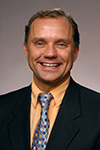
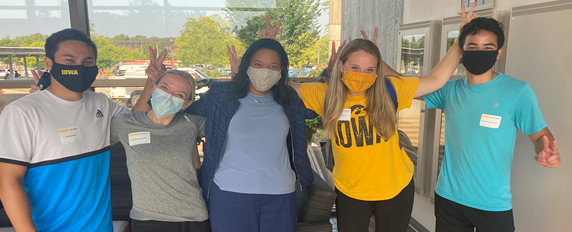 The College of Dentistry is delighted to welcome our newest students! Associate Dean of Students Dr. Sherry Timmons, Marue White, and Rachael Kowbel hosted D1 Orientation for the Class of 2025. The orientation was held in person Monday through Thursday, August 16 through August 19, 2021.
The College of Dentistry is delighted to welcome our newest students! Associate Dean of Students Dr. Sherry Timmons, Marue White, and Rachael Kowbel hosted D1 Orientation for the Class of 2025. The orientation was held in person Monday through Thursday, August 16 through August 19, 2021.  The incoming D1 students enjoyed a variety of internal and external campus presentations, including a welcome from interim Dean Schneider, an associate deans panel, student testimonials, the Office of Strategic Communications on branding and social media, a Student Organization Fair, photo scavenger hunt, Counseling Services, and Gallup Strengths Finders, among many others. OKU generously funded a lunch and team building exercise on Tuesday while Tuesday evening included small group dinners with Deans and D1 faculty at local Iowa City establishments for small group discourse and delicacies.
The incoming D1 students enjoyed a variety of internal and external campus presentations, including a welcome from interim Dean Schneider, an associate deans panel, student testimonials, the Office of Strategic Communications on branding and social media, a Student Organization Fair, photo scavenger hunt, Counseling Services, and Gallup Strengths Finders, among many others. OKU generously funded a lunch and team building exercise on Tuesday while Tuesday evening included small group dinners with Deans and D1 faculty at local Iowa City establishments for small group discourse and delicacies. 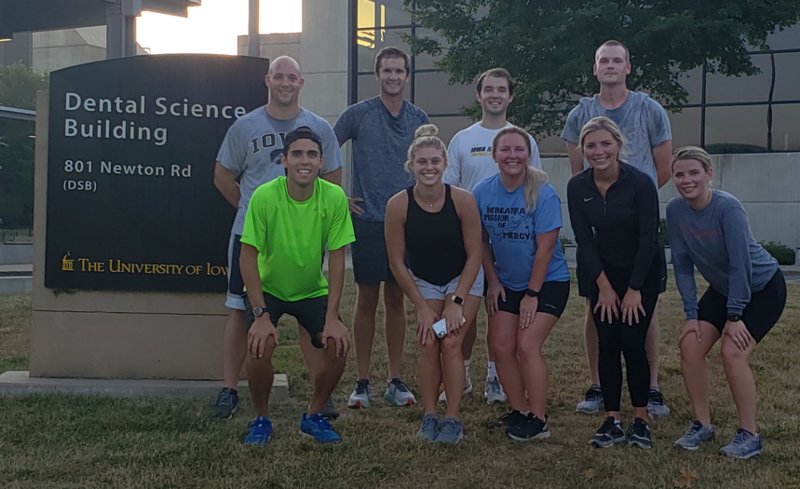 Student evaluations stated their highlights included jogging tours of campus, small group lunches/dinners, the university Challenge Course, speed networking, and lunch with D2 Big Brother/Sisters. Please extend a warm welcome to the newest members of our college family!
Student evaluations stated their highlights included jogging tours of campus, small group lunches/dinners, the university Challenge Course, speed networking, and lunch with D2 Big Brother/Sisters. Please extend a warm welcome to the newest members of our college family!
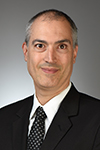

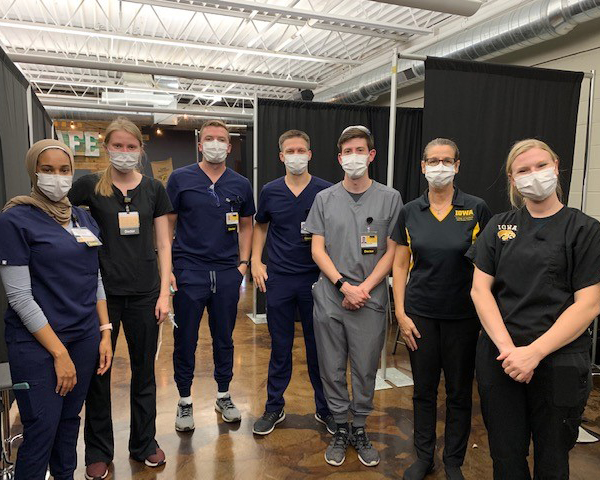
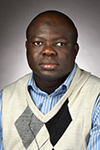



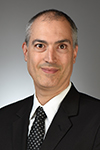
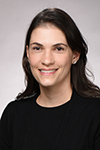



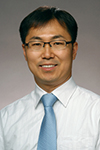
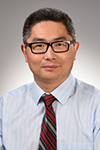

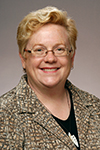
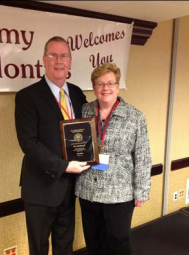 As a leader in the prosthodontics profession, she has served as:
As a leader in the prosthodontics profession, she has served as: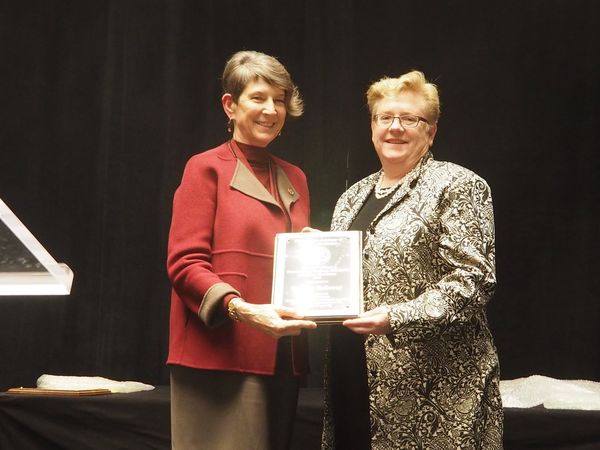 Dr. Salahaldeen Abuhammoud wrote his Master’s thesis under Dr. Holloway’s direction and is now an assistant professor in the Department of Prosthodontics.
Dr. Salahaldeen Abuhammoud wrote his Master’s thesis under Dr. Holloway’s direction and is now an assistant professor in the Department of Prosthodontics.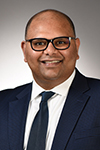

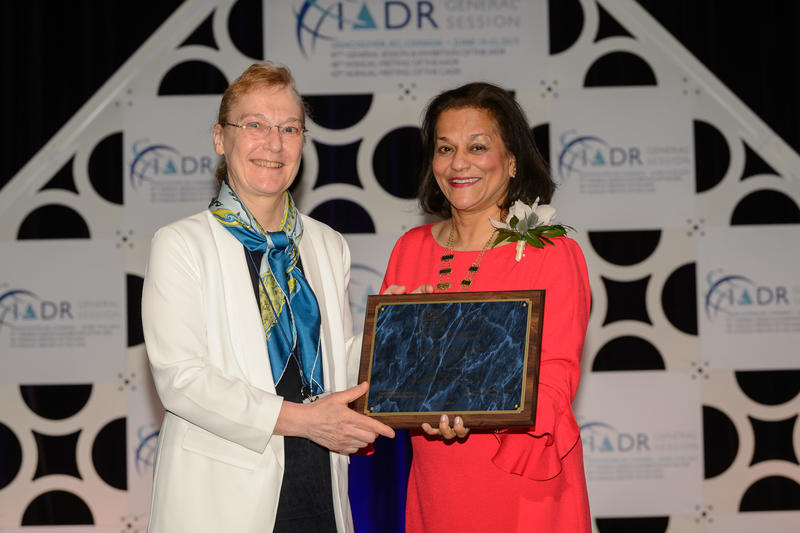 After a remarkable and fruitful 34-year academic career, Denry will be retiring from Iowa on May 3, 2021. Over her career, she has:
After a remarkable and fruitful 34-year academic career, Denry will be retiring from Iowa on May 3, 2021. Over her career, she has: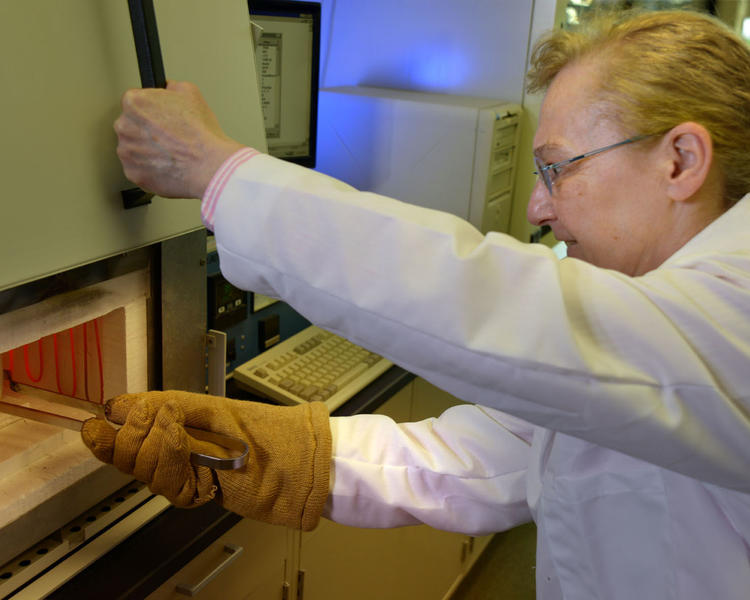 She’s always looking for new angles and possibilities, potential applications of novel materials, as well as innovative experimental approaches.
She’s always looking for new angles and possibilities, potential applications of novel materials, as well as innovative experimental approaches.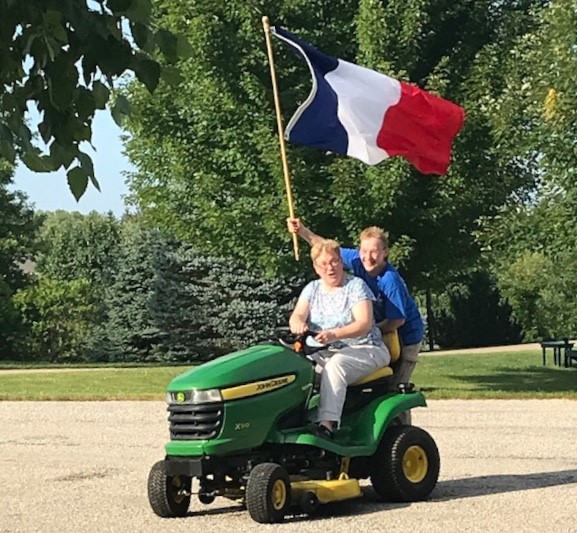 Dean David Johnsen expressed his high regard for Denry saying, “Isabelle Denry has been an inspiration as a scientist who impacts the world of dental materials, as a mentor who makes a difference in the lives and careers of many, and as a role model of integrity and dedication at the College of Dentistry.”
Dean David Johnsen expressed his high regard for Denry saying, “Isabelle Denry has been an inspiration as a scientist who impacts the world of dental materials, as a mentor who makes a difference in the lives and careers of many, and as a role model of integrity and dedication at the College of Dentistry.”
 Based on Dr. Tarek El Kerdani’s communication with the governor’s office, and to commemorate this annual event in recognition of National Prosthodontics Awareness Week, Governor Kim Reynolds declared April 5-9 Iowa Prosthodontics Awareness Week.
Based on Dr. Tarek El Kerdani’s communication with the governor’s office, and to commemorate this annual event in recognition of National Prosthodontics Awareness Week, Governor Kim Reynolds declared April 5-9 Iowa Prosthodontics Awareness Week.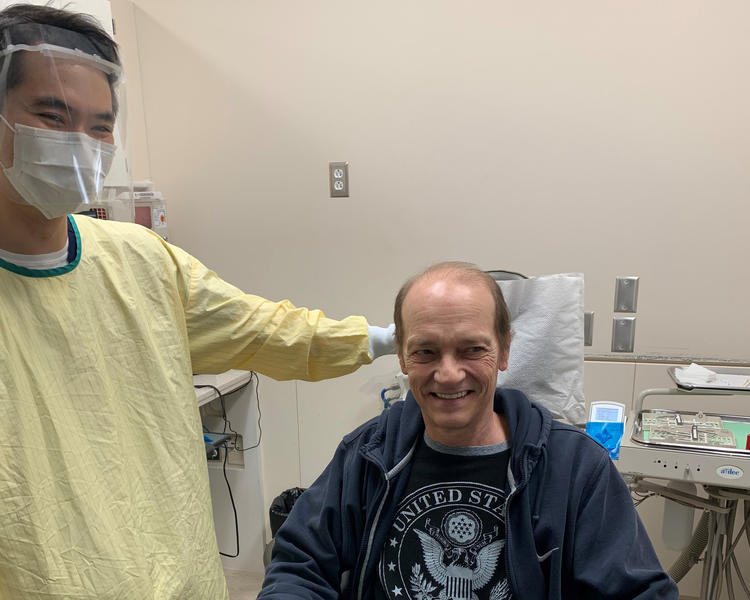 Roland
Roland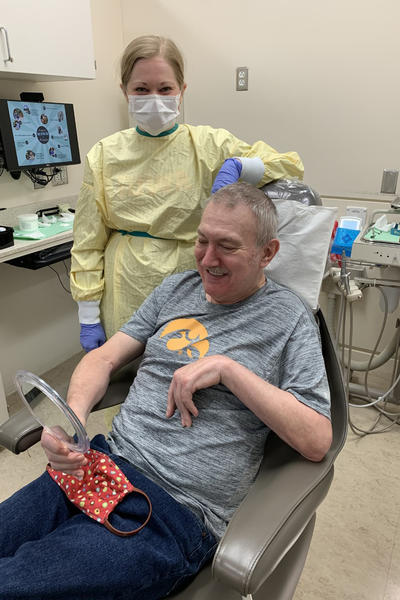 Kit
Kit Allen
Allen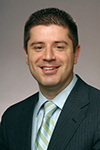

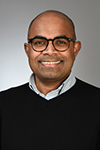
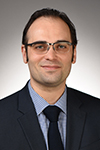
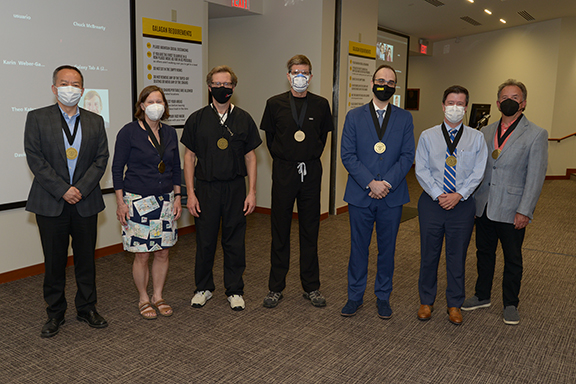 On April 26, the College of Dentistry conducted an investiture ceremony for Dr. Gustavo Avila Ortiz, the chair of the Department of Periodontics, as the inaugural Philip Lainson Professor of Periodontics. An endowed faculty position is the highest honor the university can confer on a faculty member, and this particular endowed position is due to the extensive efforts of alumni and friends who wanted both to honor Professor Phil Lainson, the longtime chair of the Department of Periodontics, and to support advances in the field of periodontics. The image to the right shows 7 of the College of Dentistry's 13 endowed professors.
On April 26, the College of Dentistry conducted an investiture ceremony for Dr. Gustavo Avila Ortiz, the chair of the Department of Periodontics, as the inaugural Philip Lainson Professor of Periodontics. An endowed faculty position is the highest honor the university can confer on a faculty member, and this particular endowed position is due to the extensive efforts of alumni and friends who wanted both to honor Professor Phil Lainson, the longtime chair of the Department of Periodontics, and to support advances in the field of periodontics. The image to the right shows 7 of the College of Dentistry's 13 endowed professors.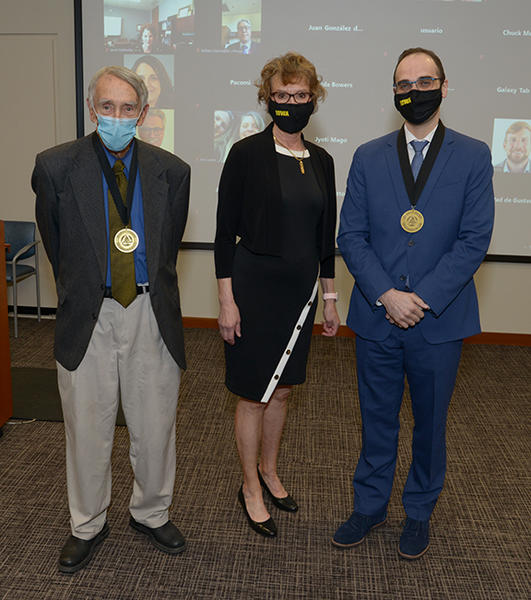 Upon receiving this honor, Dr. Avila Ortiz said:
Upon receiving this honor, Dr. Avila Ortiz said: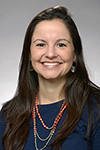

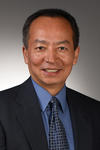
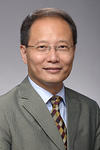
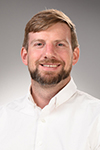
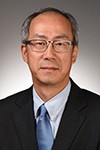

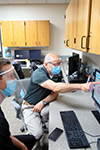
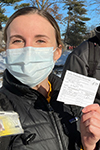
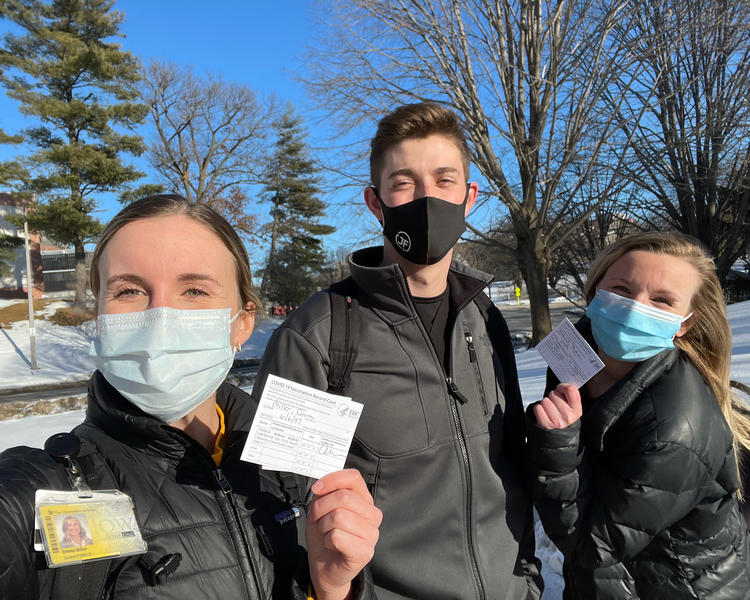 Third-year dental students, Emma Miller, Brady Ellis, and Maddie Kasparek.
Third-year dental students, Emma Miller, Brady Ellis, and Maddie Kasparek.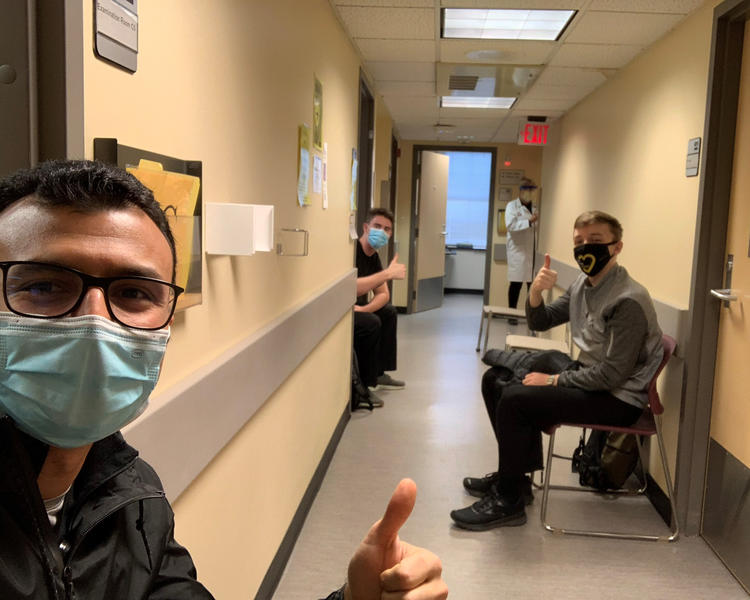 First-year dental students Sarmad Hussein, Luke Hovey, and Grant Kincaid
First-year dental students Sarmad Hussein, Luke Hovey, and Grant Kincaid